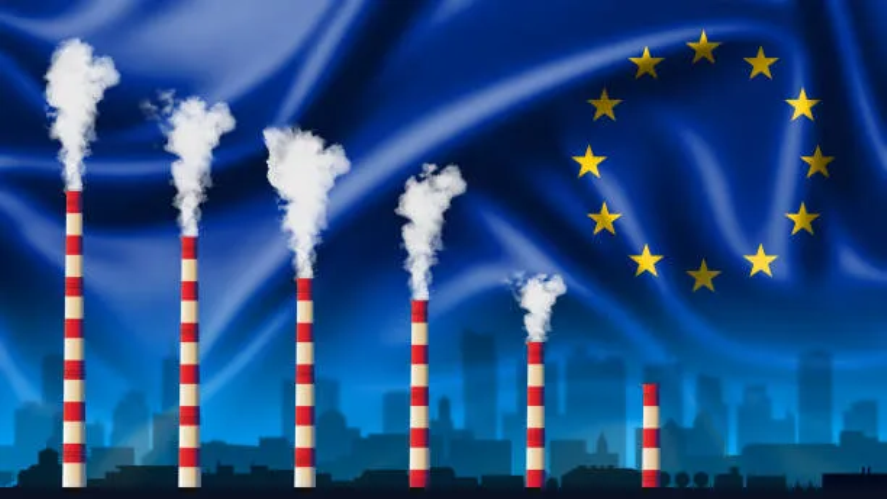Energy
EU Member States Falling Short on 2030 Emission Reduction Targets, Warns European Commission

EU countries are not on track to meet their 2030 greenhouse gas (GHG) emission reduction targets, a senior European Commission official told lawmakers during the first meeting of the European Parliament’s environment committee. The warning highlights the growing need for intensified action to meet the ambitious climate goals set by the European Climate Law.
Yvon Slingenberg, Director for Strategy, Analysis, and Planning in the Commission’s climate department, addressed Members of the European Parliament (MEPs), stressing that there is a “clear need to significantly step-up implementation efforts” to ensure the EU remains on course to meet its climate commitments. According to Slingenberg, the current pace of emission reductions is insufficient, and stronger measures are required to meet the targets set for 2030.
The discussion centered around key EU climate policies, including the Effort Sharing Regulation, which mandates national GHG reduction targets by 2030, the Emissions Trading System (ETS), and national energy and climate plans (NECPs). These policies are crucial to achieving the EU’s overall objective of reducing GHG emissions by at least 55% by 2030, compared to 1990 levels.
Slingenberg emphasized that member states are in the process of submitting their final NECPs, which outline national strategies to achieve these reductions. The Commission has issued recommendations to guide member states in revising and strengthening their plans, but it remains unclear whether these revisions will be sufficient.
“There is no time to lose,” Slingenberg told MEPs, underscoring the urgency of the situation. “Member states are now in the process of submitting their final national energy and climate plans, taking into account the Commission’s recommendations.” However, the gap between current efforts and the necessary level of action remains significant.
The European Union’s climate policies have long been seen as a global benchmark for tackling climate change, but the recent warning suggests that even the bloc’s best efforts may fall short without accelerated implementation. This concern is particularly pressing as global temperatures continue to rise, putting pressure on governments to deliver on their climate promises.
The European Parliament’s environment committee is expected to monitor the progress of member states closely, and further discussions on strengthening the EU’s climate strategy will likely take place in the coming months. As the deadline for 2030 approaches, the spotlight is now on member states to intensify their efforts to reduce emissions and honor the commitments made under the European Climate Law.

-

 Entertainment1 year ago
Entertainment1 year agoMeta Acquires Tilda Swinton VR Doc ‘Impulse: Playing With Reality’
-

 Business1 year ago
Business1 year agoSaudi Arabia’s Model for Sustainable Aviation Practices
-

 Business1 year ago
Business1 year agoRecent Developments in Small Business Taxes
-

 Home Improvement12 months ago
Home Improvement12 months agoEffective Drain Cleaning: A Key to a Healthy Plumbing System
-

 Politics1 year ago
Politics1 year agoWho was Ebrahim Raisi and his status in Iranian Politics?
-

 Business1 year ago
Business1 year agoCarrectly: Revolutionizing Car Care in Chicago
-

 Business1 year ago
Business1 year agoSaudi Arabia: Foreign Direct Investment Rises by 5.6% in Q1
-

 Sports1 year ago
Sports1 year agoKeely Hodgkinson Wins Britain’s First Athletics Gold at Paris Olympics in 800m

















